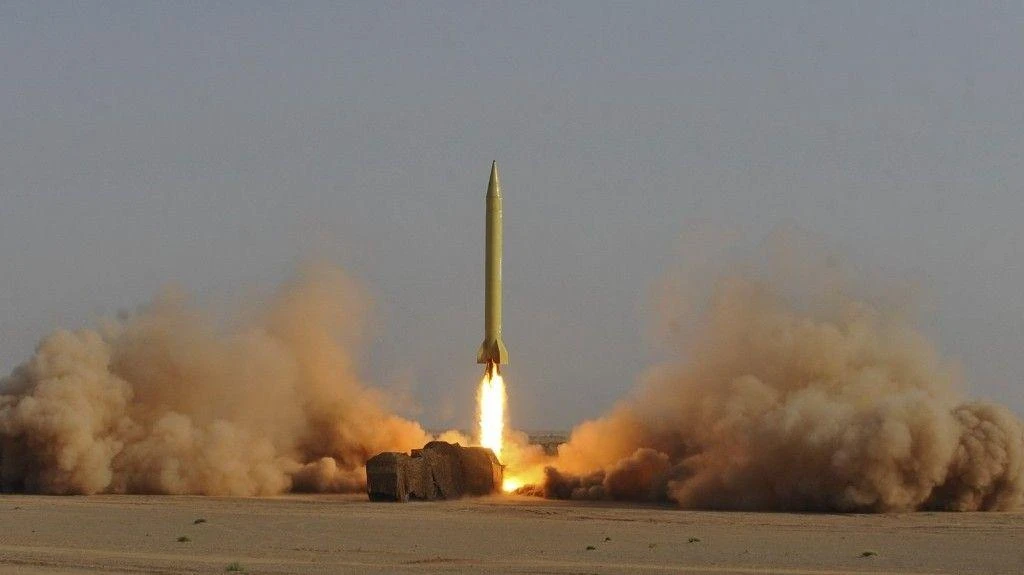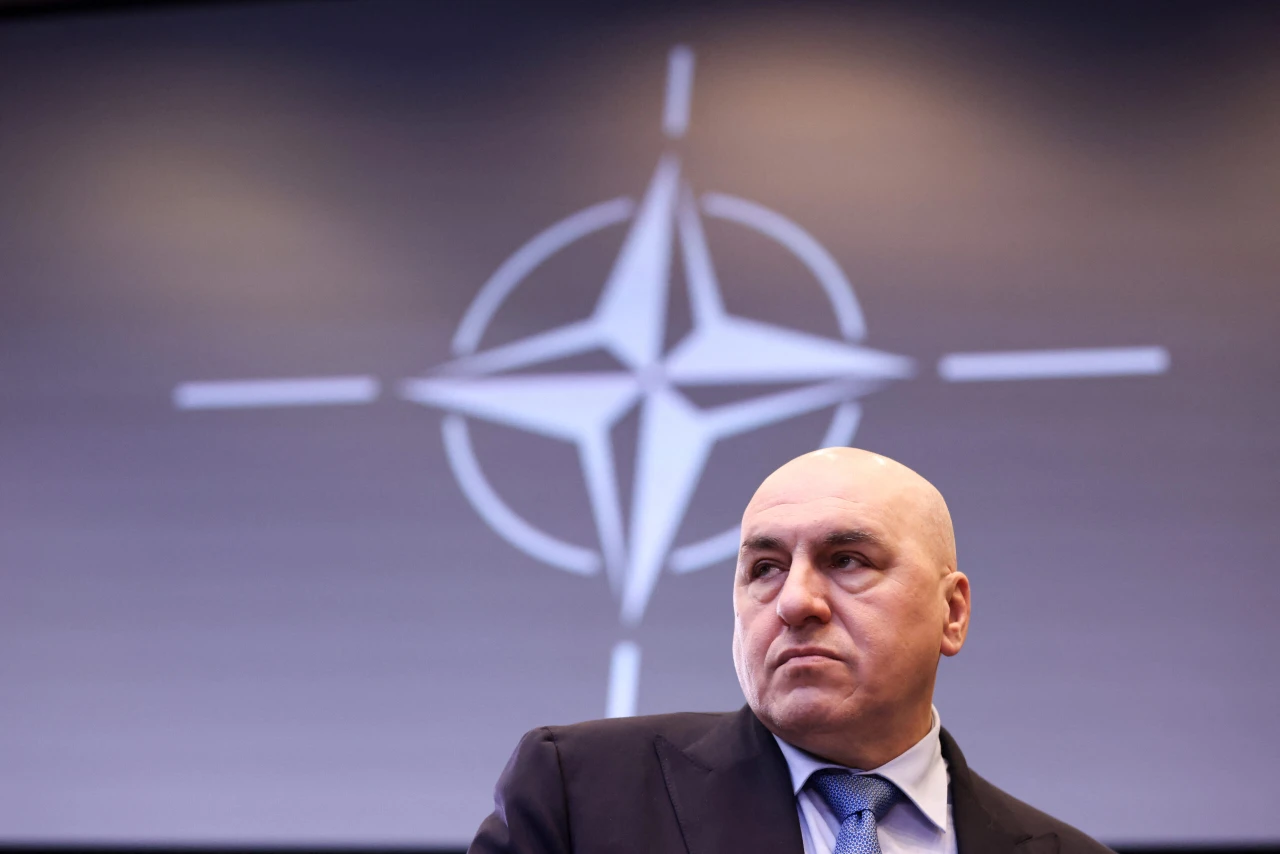Middle East tensions rise as Iran strikes targets in Syria, Iraq

Iran launches strikes in Syria and Iraq, aiming to demonstrate strength while managing domestic expectations and avoiding escalation with the U.S. and Israel
In a move perceived as an assertion of power following the Israel-Hamas conflict, Iran has launched strikes in Syria and Iraq, carefully navigating a delicate balance to avoid confrontation with the United States.
Analysts suggest these actions aim to demonstrate strength while managing domestic expectations and avoiding escalation with the U.S. and Israel.
In Iraq, the strikes by Iran’s Revolutionary Guards targeted an alleged Israeli “spy headquarters” in the autonomous Kurdish region. This was in response to the recent assassinations of Iranian and pro-Iranian commanders.
However, Iraq, in a sharp rebuke, summoned Iran’s envoy and recalled its ambassador, challenging Iran’s claim about the target in Erbil.
In Syria, the strikes were aimed at the Islamic State jihadist group, a response to twin suicide bombings that claimed around 90 lives at an official memorial event in southern Iran earlier this month.
The Iranian government described this as the “longest missile launch” with a range of 1,200 kilometers, interpreted by some as a direct message to Israel.
Ali Vaez, director of the Iran Project at the International Crisis Group, highlighted the pressure on Tehran to respond to recent setbacks. He views the strikes as a dual objective – satisfying domestic constituents and avoiding a further escalation with the U.S. and Israel.
The U.S. State Department condemned the Iranian strikes as “reckless,” while the White House stated that no U.S. personnel or facilities were affected. Iraq, in its strong response, accused Iran of an “attack on its sovereignty.”
Fayyaz Zahed, an international affairs specialist, emphasized that major players like Iran and the US are not interested in direct conflict. He noted that Ayatollah Ali Khamenei, Iran’s supreme leader, has a longstanding approach to “avoid war” while maintaining military influence.
As tensions simmer in the region, events like the exchange of fire between Hezbollah and Israeli forces and Yemen’s Houthi rebels’ attacks on Red Sea shipping further contribute to the complex dynamics. Khamenei praised the Yemeni rebels for their actions, signaling a commitment to supporting what Iran terms “resistance groups” in the region.
Source: AFP



